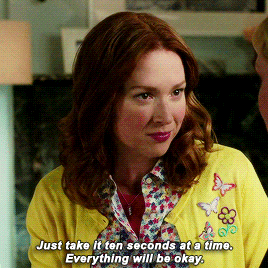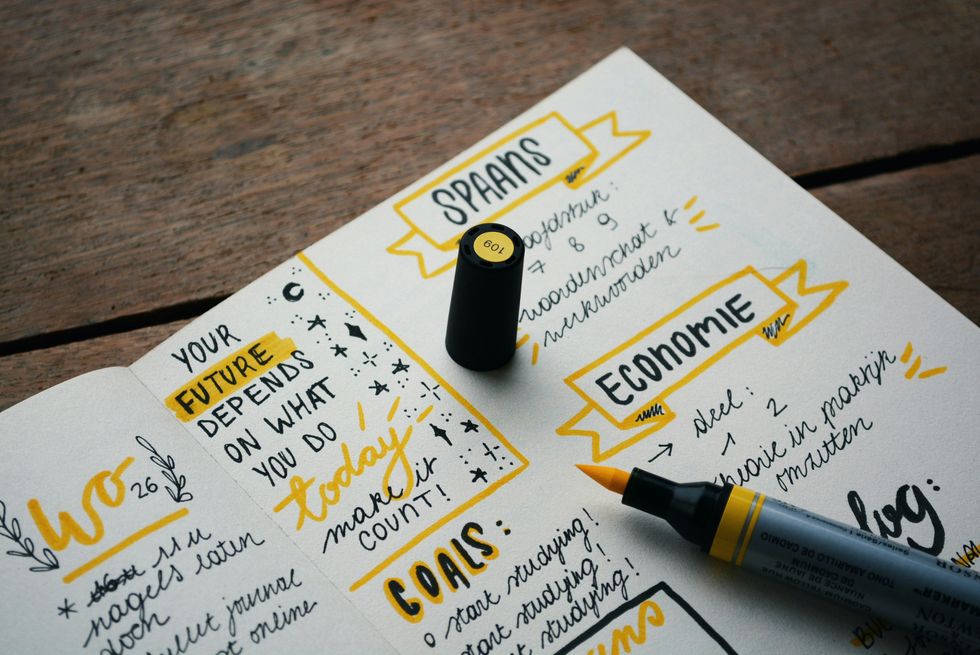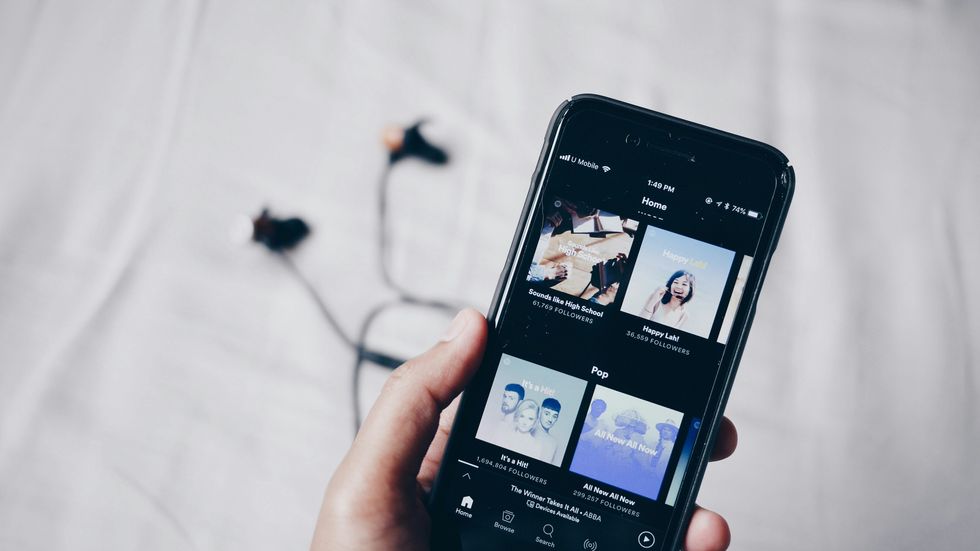Dear passive-aggressive people,
I have often contemplated what the possible benefits of passive-aggressive behavior are for those who practice it. I know from experience how hard it is to bite back one's tongue or withhold feelings of anger and disgust. I am not going to lie and tell you that I have never been in your shoes before. I myself have been passive-aggressive and hypocritical to people on several instances. Being passive-aggressive towards somebody provides a momentary catharsis from suppressed negative emotions while using words or actions ambiguous enough to not be considered outright rude out of context. More often than not, however, I have been on the receiving end of passive-aggressive and hypocritical behavior and been hurt by it. I have also witnessed the reactions of bystanders when this kind of behavior takes place.
My mother always told me, "When someone tells you something bad about another person, do not think twice about the one being spoken of, but about the one speaking." Today, I am not going to tell you how wrong it is to hurt other people, how you should take into account others' emotions when speaking and do unto others as you would have done unto you. I do not think you are interested in that, or else you would not be engaging in this kind of behavior in the first place. Instead, I will tell you just how badly passive-aggressive and hypocritical behavior reflects on you.
"When someone tells you something bad about another person, do not think twice about the one being spoken of, but the one speaking."
Acting like somebody is your best friend and then turning around and badmouthing them does not enter your audience's ears in the form of lessened opinions regarding the individual you speak of. Instead, all they can think of at the moment is how you must talk about them behind their back if you speak of such a good acquaintance this way.
To the person who snickers loudly every time the one individual they do not like messes up in class or in a meeting: the rest of us are not laughing with you. We usually share glances, wondering how in the world you can be so blatantly obvious about your dislike for this person and how you can laugh like a schoolyard bully in a setting where everyone is bound to make mistakes from time to time. You are better off contributing something worthwhile to the session. If you feel threatened by someone's existence and/or abilities, try to one-up that person by increasing your own abilities, not by putting the person down. We all know what you're doing, and we do not approve.
If you feel threatened by someone's abilities, try to one-up that person by increasing your own abilities, not by putting the person down.
It looks much better on you if you step up and communicate with whoever it is you have an issue rather than talking about them behind their back and/or slamming doors or using curt, standoffish language when speaking to them. Whether they reciprocate your attempts at mature communication is their business, but at least you will know that you tried. If you have a problem with your roommate, your friend, or your significant other, do not dryly say, "No, it's nothing" when they ask you what's wrong. Talk things out with them as calmly and reasonably as you possibly can. I can assure you that you'll make things tenfold easier for yourself. It is more tiresome to suppress negative emotions than to communicate; they don't call it "the elephant in the room" for nothing.
If I cannot interest you in reflecting on all the ways you are harming the targets of your passive aggressive behavior and hypocrisy, at least keep in mind that you are damaging the image others have of you when you engage in these acts. That acquaintance or friend of yours that you badmouth will eventually find out, your colleagues will become increasingly aware of your dislike towards one of them, and your friend, family member, roommate, or significant other who is on the receiving end of your passive-aggressiveness will one day reach a tipping point.
And they will all talk.







 man running in forestPhoto by
man running in forestPhoto by 





 "I thought you knew what you signed up for."
"I thought you knew what you signed up for." man and woman in bathtub
Photo by
man and woman in bathtub
Photo by  four women sitting on black steel bench during daytime
Photo by
four women sitting on black steel bench during daytime
Photo by  Uber app ready to ride on a smartphone.
Photo by
Uber app ready to ride on a smartphone.
Photo by  woman in red tank top and blue denim shorts standing beside woman in black tank top
Photo by
woman in red tank top and blue denim shorts standing beside woman in black tank top
Photo by  blue marker on white printer paper
Photo by
blue marker on white printer paper
Photo by  welcome signage on focus photography
Photo by
welcome signage on focus photography
Photo by  woman in white and black striped long sleeve shirt lying on bed
Photo by
woman in white and black striped long sleeve shirt lying on bed
Photo by  pink pig coin bank on brown wooden table
Photo by
pink pig coin bank on brown wooden table
Photo by  person holding iPhone 6 turned on
Photo by
person holding iPhone 6 turned on
Photo by  person holding pencil near laptop computer
Photo by
person holding pencil near laptop computer
Photo by  person slicing vegetable
Photo by
person slicing vegetable
Photo by 








